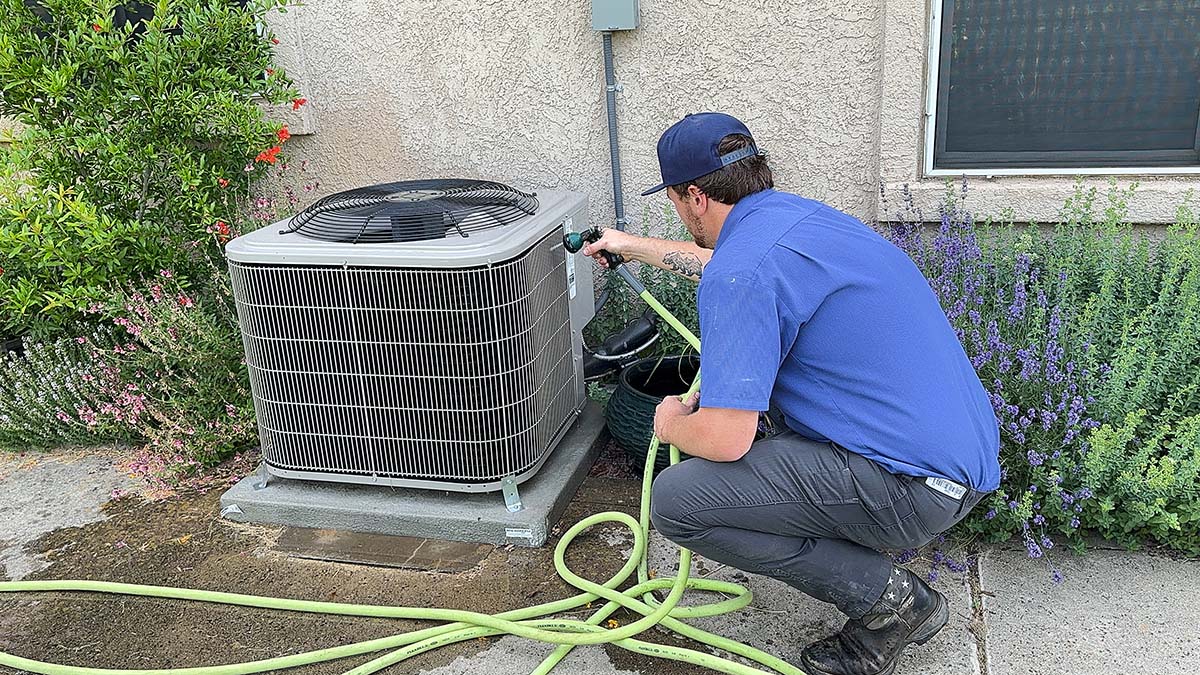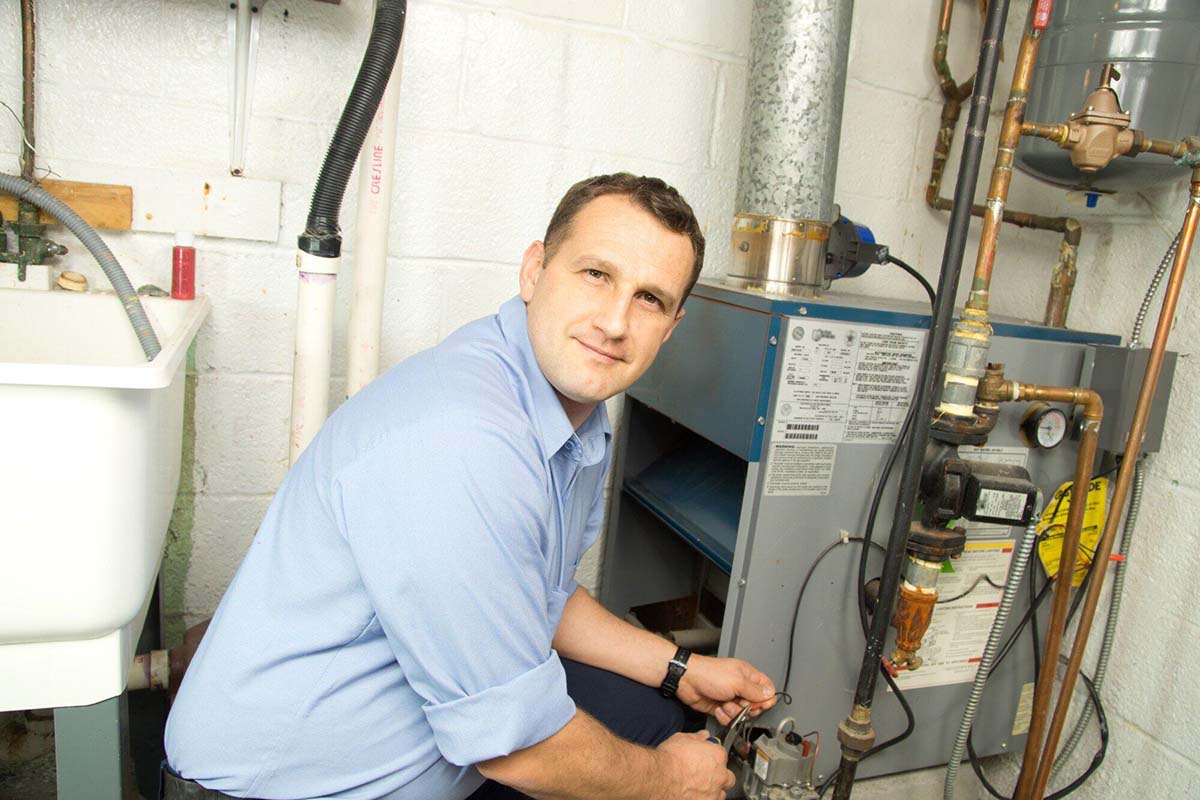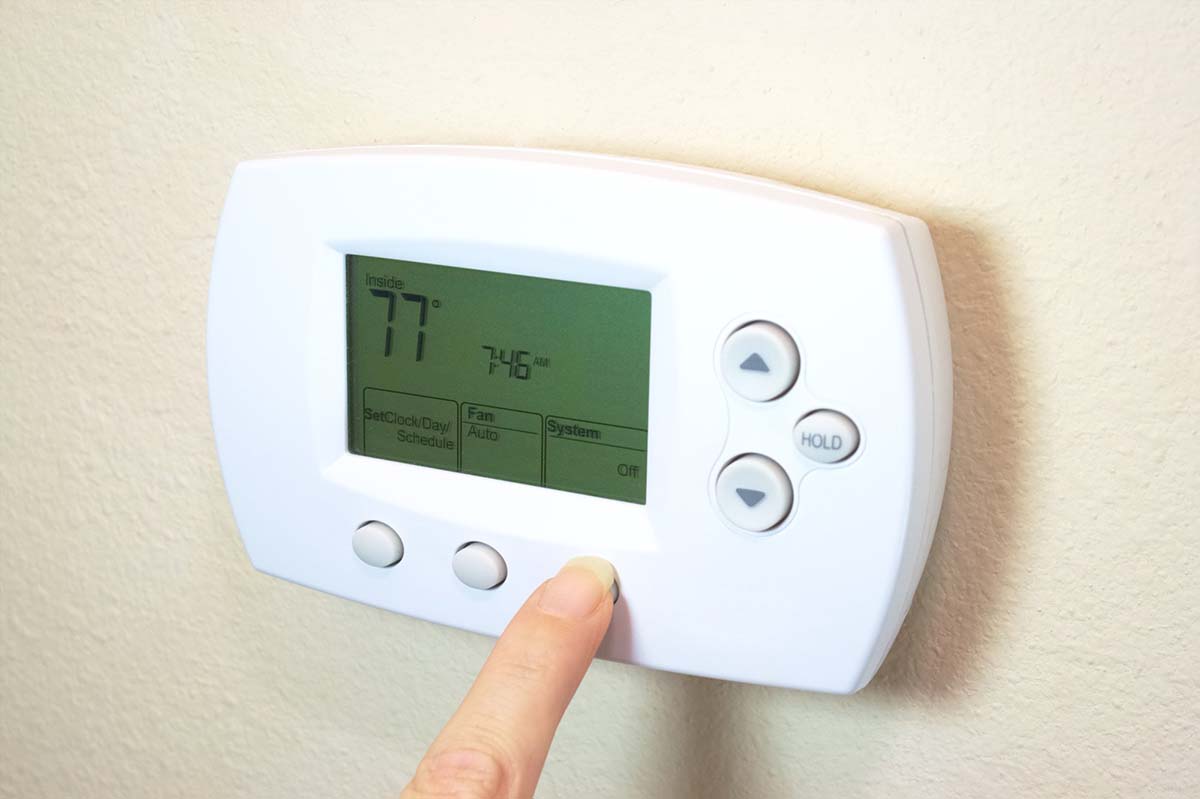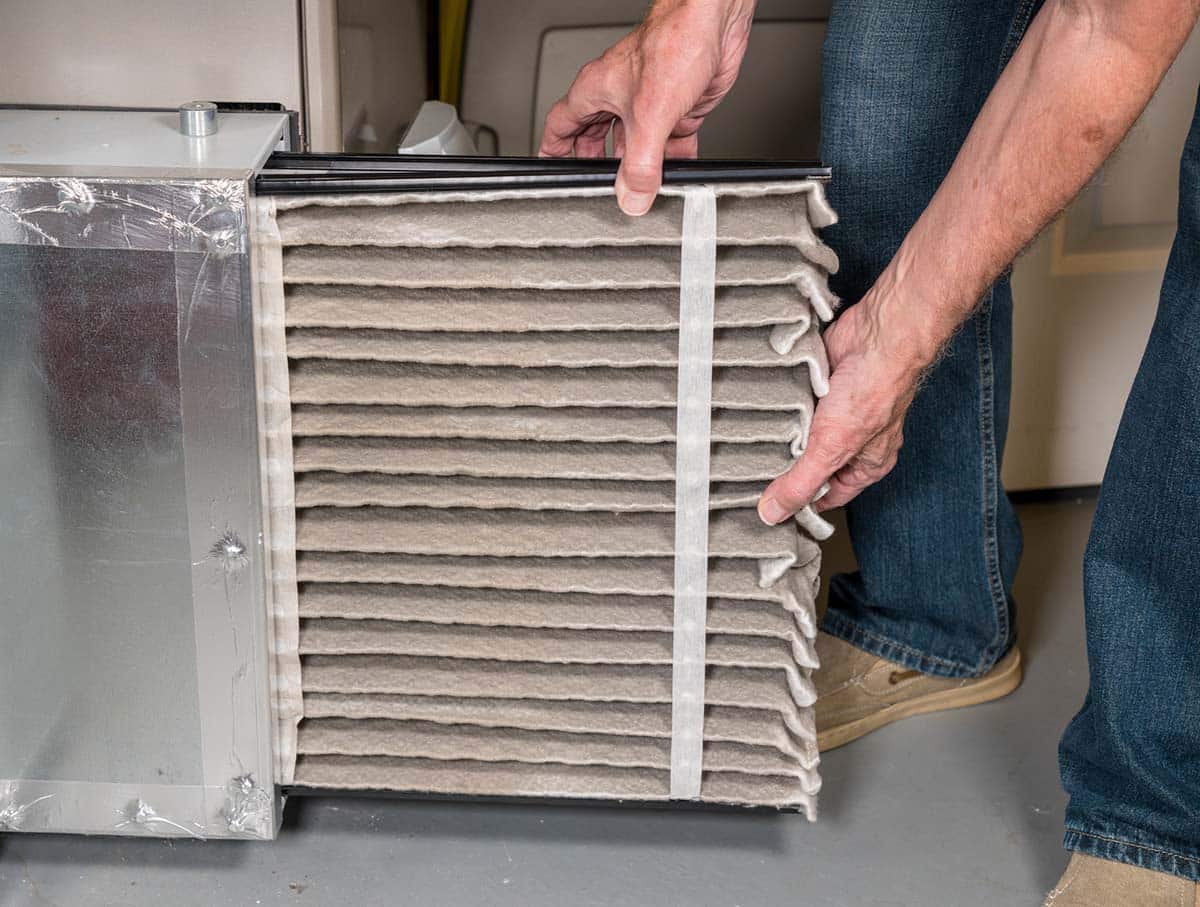Should I Repair or Replace My Furnace?
When your home feels colder than usual, the furnace often comes under scrutiny. It’s the heart of your heating system, quietly working in the background to warm your living space during the chillier months. Yet, like any frequently used appliance, it faces wear and tear, bringing us to a crucial decision: Should you repair the existing unit, or is it time for a full replacement?
This question isn’t just about comfort – it’s also about cost, efficiency, and safety.
In this guide, let’s discuss the factors to consider when deciding whether to repair your furnace or go for replacement.
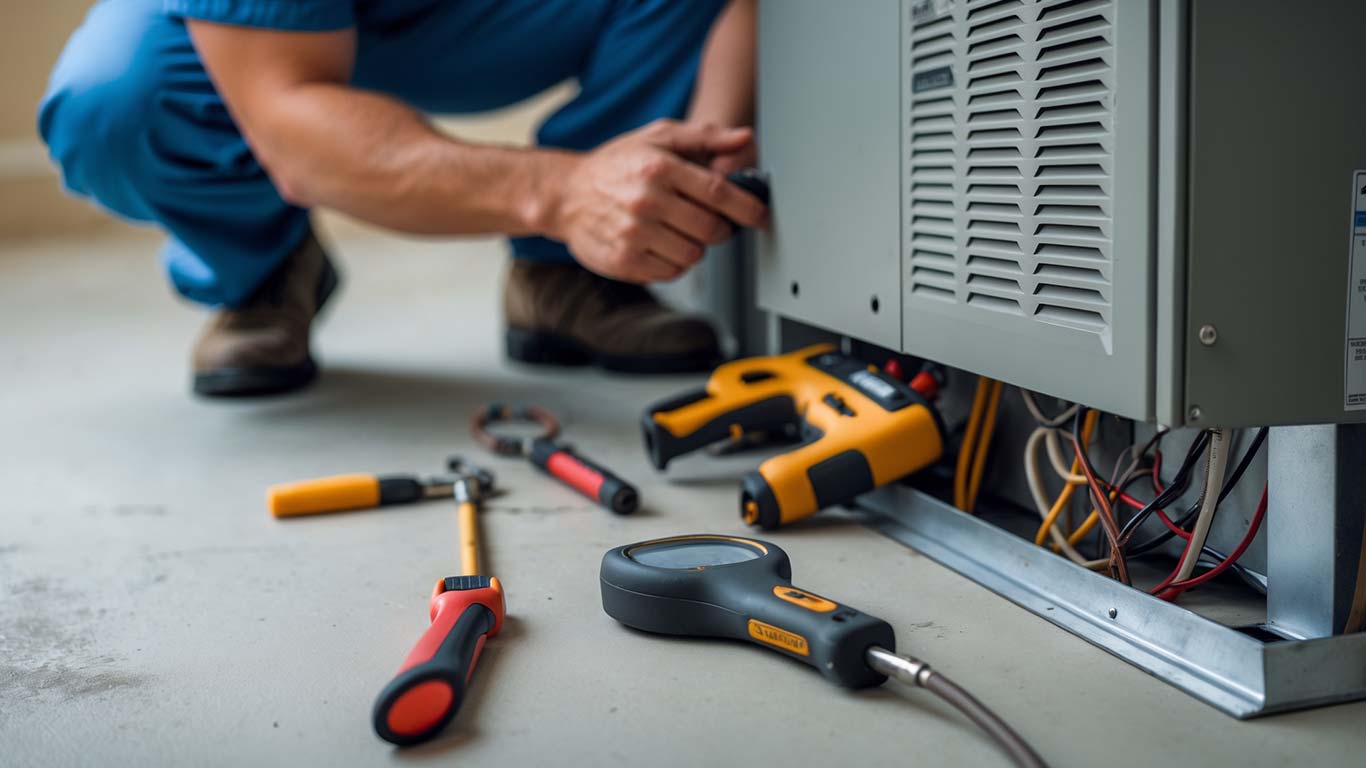
Should I Repair or Replace My Furnace?
If your furnace is under 15 years old and repairs are minor and infrequent, repairing it is usually the best choice.
However, replacement is likely the smarter and safer option if the furnace is over 15 years old, requires costly repairs exceeding 50% of a new unit’s cost, or has safety issues like carbon monoxide leaks.
Factors to Consider Between Furnace Repair and Furnace Replacement
Age of the Furnace
Furnaces typically have a lifespan of about 15 to 20 years. Old furnaces are less reliable and may show signs of inconsistent heating across your home. If your unit is nearing this age threshold, you must consider a unit replacement.
Cost of Repairs vs. Replacement
Evaluate the cost of repairs against the price of installing a new furnace. A good rule of thumb is if repair costs exceed 50% of the cost of a new furnace installation, then a replacement might be the more economical. New units also tend to be more energy-efficient, which can help reduce monthly utility bills.
Frequency and Extent of Breakdowns
Minor fixes on a furnace might include replacing air filters, adjusting the thermostat, fixing loose electrical connections, or lubricating moving parts. These are generally affordable and can be handled quickly.
However, major repairs such as replacing the heat exchanger, repairing a cracked combustion chamber, or addressing issues with the ignition system can be considerably more costly and complex. They often suggest the furnace is close to the end of its life, making replacement a consideration worth evaluating.
Energy Consumption and Utility Bills
Newer furnaces usually have better energy efficiency ratings. If your older furnace has a lower AFUE rating, upgrading can reduce energy usage and lower heating bills. This makes the investment in a new furnace financially beneficial in the long run.
Safety Concerns
Older furnaces may pose safety risks, such as carbon monoxide leaks from cracks in the combustion chamber or fire hazards from faulty electrical connections. Newer models offer improved safety features like automatic shut-offs and enhanced exhaust systems, which help prevent these dangers and ensure a safer operation within your home.
Upgrading to a new furnace can thus provide a more secure environment and efficient heating.
Make the Right Choice For Your Home
Deciding between furnace repair or replacement is all about balancing cost, comfort, and future peace of mind. For professional furnace inspection and guidance, consult with American Energy Heat & Air in Sacramento, CA. Our HVAC technicians will assess your current heating unit and discuss the most efficient solutions.
Whether extending your existing unit’s life with timely repairs or upgrading to a new, energy-efficient model, our team will provide you with the guidance you need to make an informed decision.

